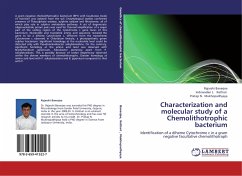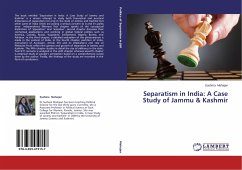A gram negative chemolithotrophic bacterium (RP1) with facultative mode of nutrition was isolated from the soil. Enzymological studies confirmed presence of Thiosulphate oxidase, sulphite oxidase and Rhodanese, all of which play role in sulphur metabolism pathway. A set of degenerate oligonucleotide primer pairs was used for thermal amplification of a major part of the coding region of the Cytochrome c gene locus of this bacterium. Nucleotide and translated amino acid sequence revealed the gene to be a diheme Cytochrome c, different from the monoheme Cytochrome c observed in Chloribium limicola, a photosynthetic green sulphur bacterium. Significant homology at the nucleotide level could be detected only with Pseudoaminobacter salicylatoxidans. On the contrary, significant homology at the amino acid level was observed with Bradyrhizobium japonicum, Silicobacter pomeroyi apart from P. salicylatoxidans. This is possibly because of codon degeneracy observed within the diverse membersof chemolithotrophs. Greater homology at amino acid level with P. salicylatoxidans and B. japonicum compared to that with P.
Bitte wählen Sie Ihr Anliegen aus.
Rechnungen
Retourenschein anfordern
Bestellstatus
Storno








